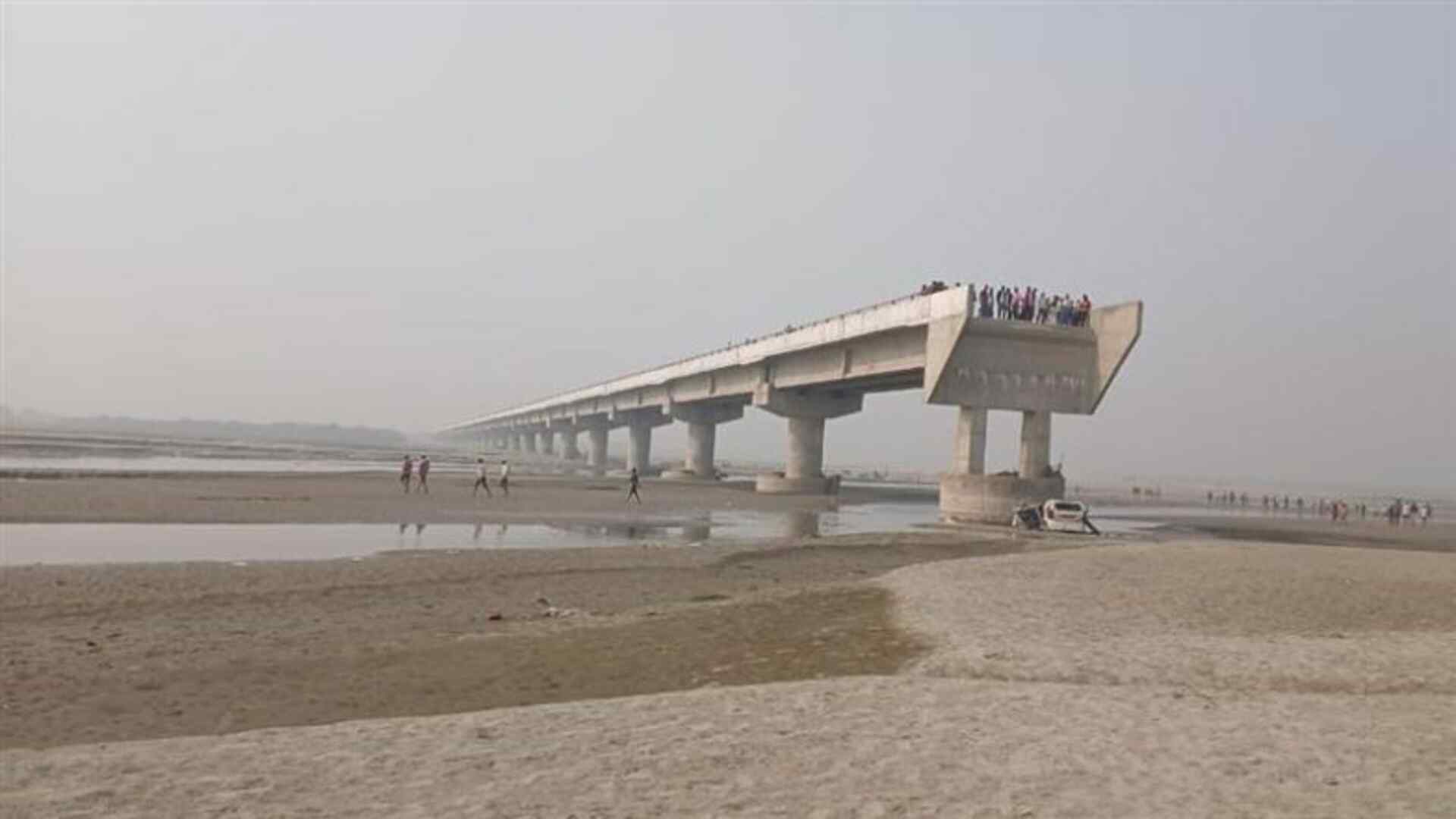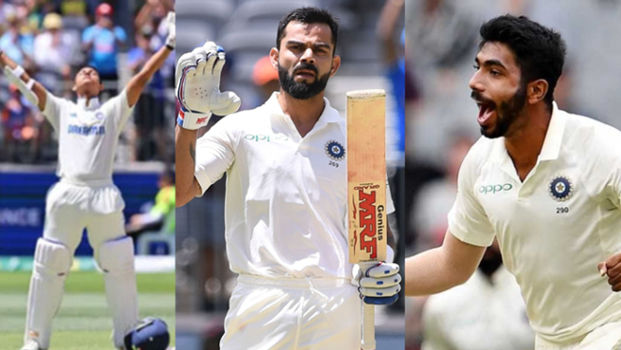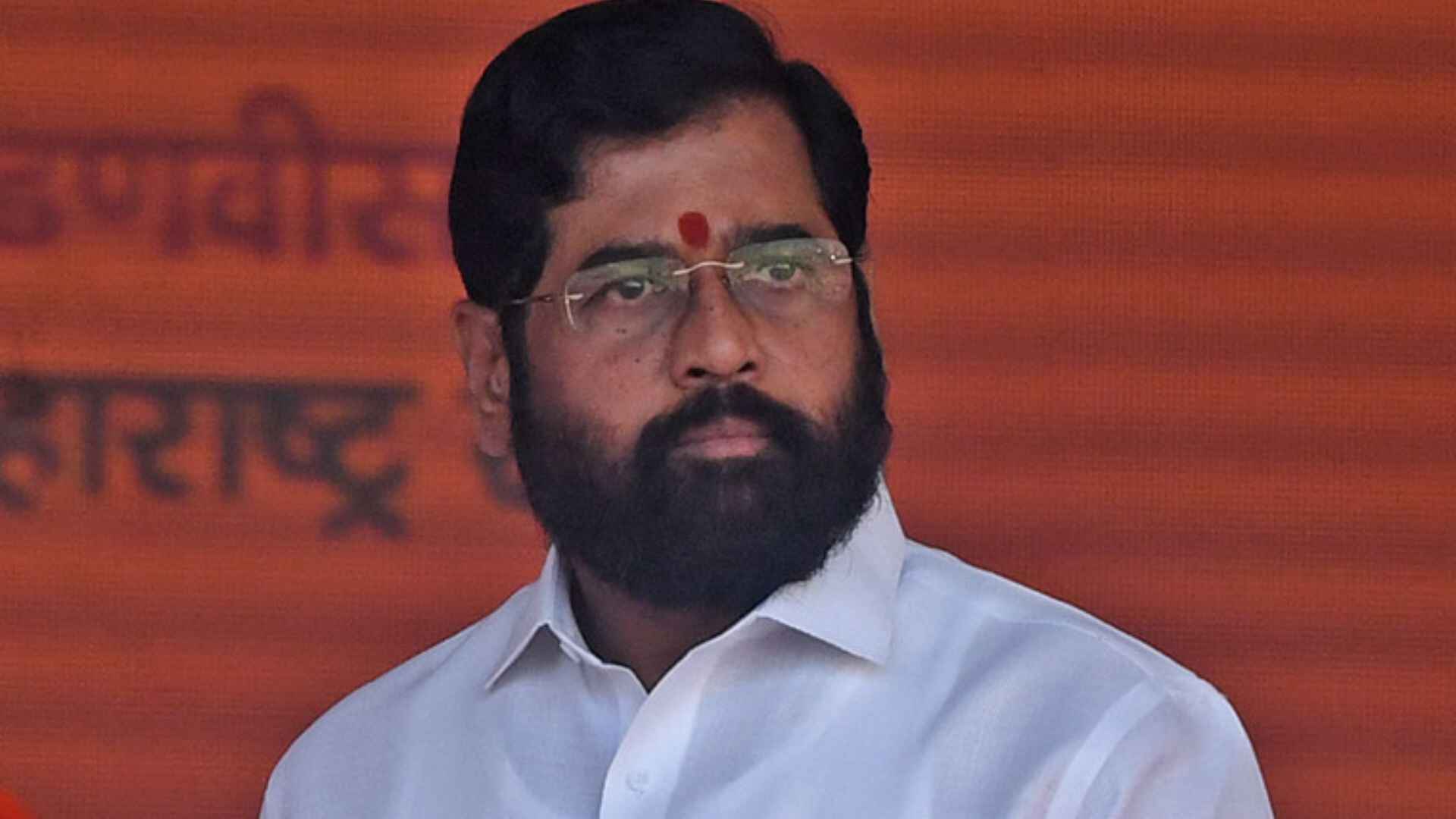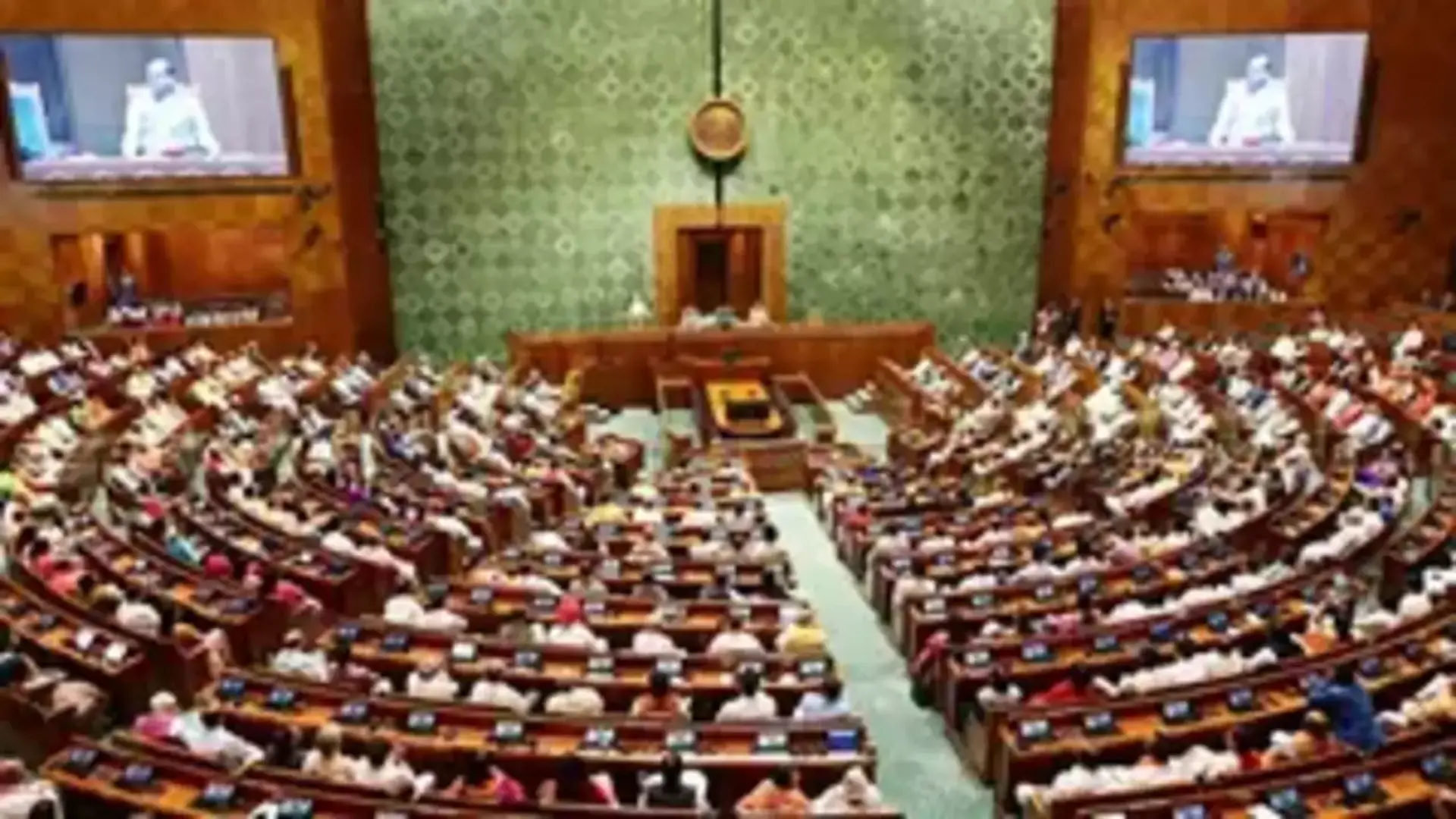
Every time we hear another doctor being assaulted in the hospital, a sliver of shock and disgust goes through people, the medical fraternity, and the media.
They did not stop even during the pandemic. Even for very sick patients with Covid on a ventilator. Spending more than 30 years in this profession, we feel that this angst goes deeper. It is essential to look at a problem pragmatically and concentrate on the solutions and not on the issue. The whole health infrastructure is one connected, seamless system. Fundamentally, the cogs of the wheel are the health personnel, the hospital, and the patient who make up this eco-system. Each of these elements contributes towards health care both at the local and national levels. At the local level, the doctors need to be trained personnel. But it would also be necessary for doctors to be more trained explicitly in ethics and patient counseling. Unfortunately, there is no separate training for doctors in our profession, specifically on these subjects. Health systems in some countries, including the United Kingdom, give a great emphasis on this. Counseling a patient and his attendants in India could be different. But the same degree of empathy and emotional connection needs to be present between the doctor and the patient. In India, doctors are expected to learn this on the job. Doctors need to have access to standardized operating protocols (SOP’s) and management algorithms at a national level. Every doctor can’t remember the dosage of every drug, every treatment algorithm, and every protocol. The National medical council (NMC) or similar apex body needs to create the availability of such material through mobile applications and websites. We also need to urgently create a national database to store patient information (electronic medical records).
Every hospital should invest adequately in the security and protection of health personnel. At a national level, alternate judiciary systems should be made available to tackle medical negligence. Senior doctors or even retired doctors should preside over such legal hearings. Notice boards should be placed at several places indicating severe penalties for any uncivil behavior. It may not be a bad idea for senior doctors to undergo training for few years and take a whole career in medical jurisprudence.
It takes almost ten years to become a specialist and another decade to gain good experience.
We should now consider the third component of the ecosystem- the hospital. We need to increase our national GDP for health care. On one hand, we have government institutions, where everything is subsidized or free. But, most government hospitals (except for a few) are unkempt beyond measure. Doctors are usually overworked and have additional teaching and research responsibilities. Some medical colleges have their faculty practicing at their clinics during the evenings.
On the other end of the spectrum are the private medical colleges and hospitals. Large corporates usually run them. Most of the smaller hospitals are constructed with a very high debt-to-equity ratio. This places unnatural pressures on doctors to earn more money for the hospital.
So, the doctors joining such places at a young age of their career are faced with a challenge for which they have not been trained for- be part of the revenue generation for the hospital. Opening the medical profession to market forces is a clear and present danger to the profession.
We think that it’s time to create a middle path. Something not significantly different from the UK has a National health service but based on healthy public-private partnership.
If it wishes, every private hospital could become part of this health service for which they would get the benefit of joining hands with the government for better security and services without losing control over their hospital.
Every citizen needs access to a sound health system, even the richest cannot deny that. We have to understand that while health is a human right, no country may afford to make it free and accessible for every citizen. It’s the people who are behind it that matter- the doctor, nurses, and paramedics. If they are happy, the patients will be satisfied.
To move forwards after 75 years of independence, it’s time we stop ignoring the elephant in the room.
The writer is Professor, Neurosurgery, AIIMS















